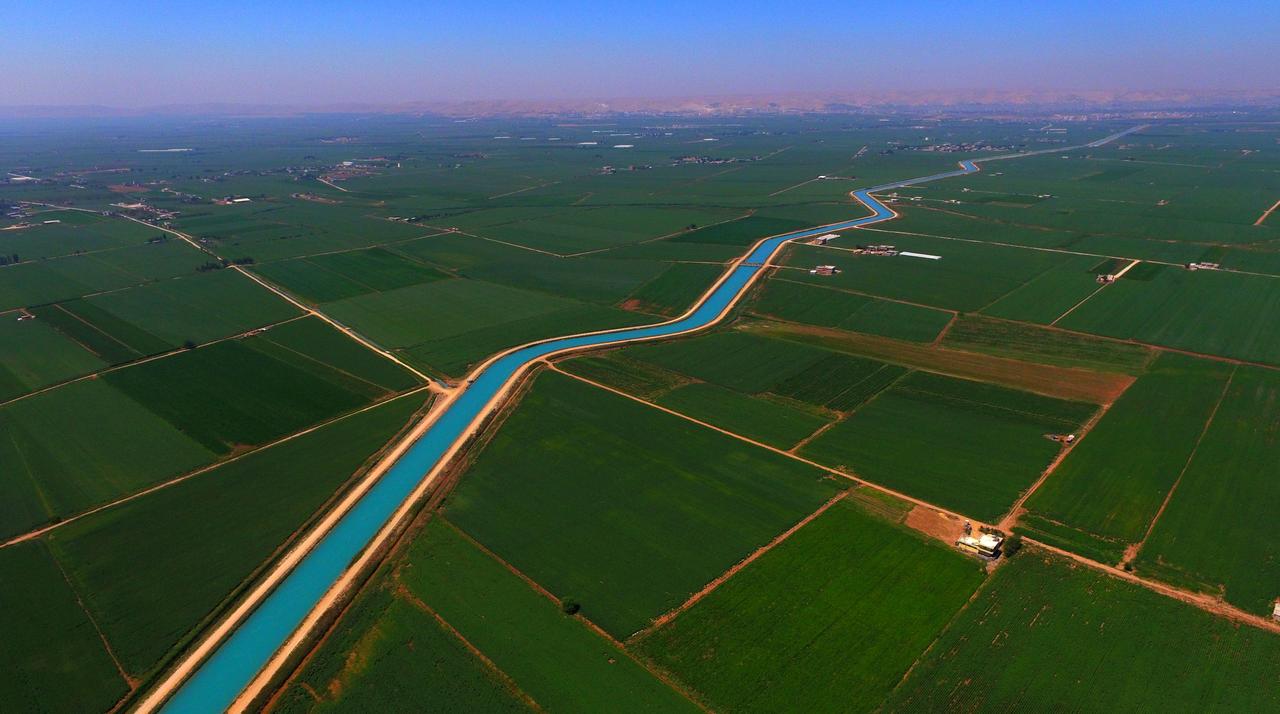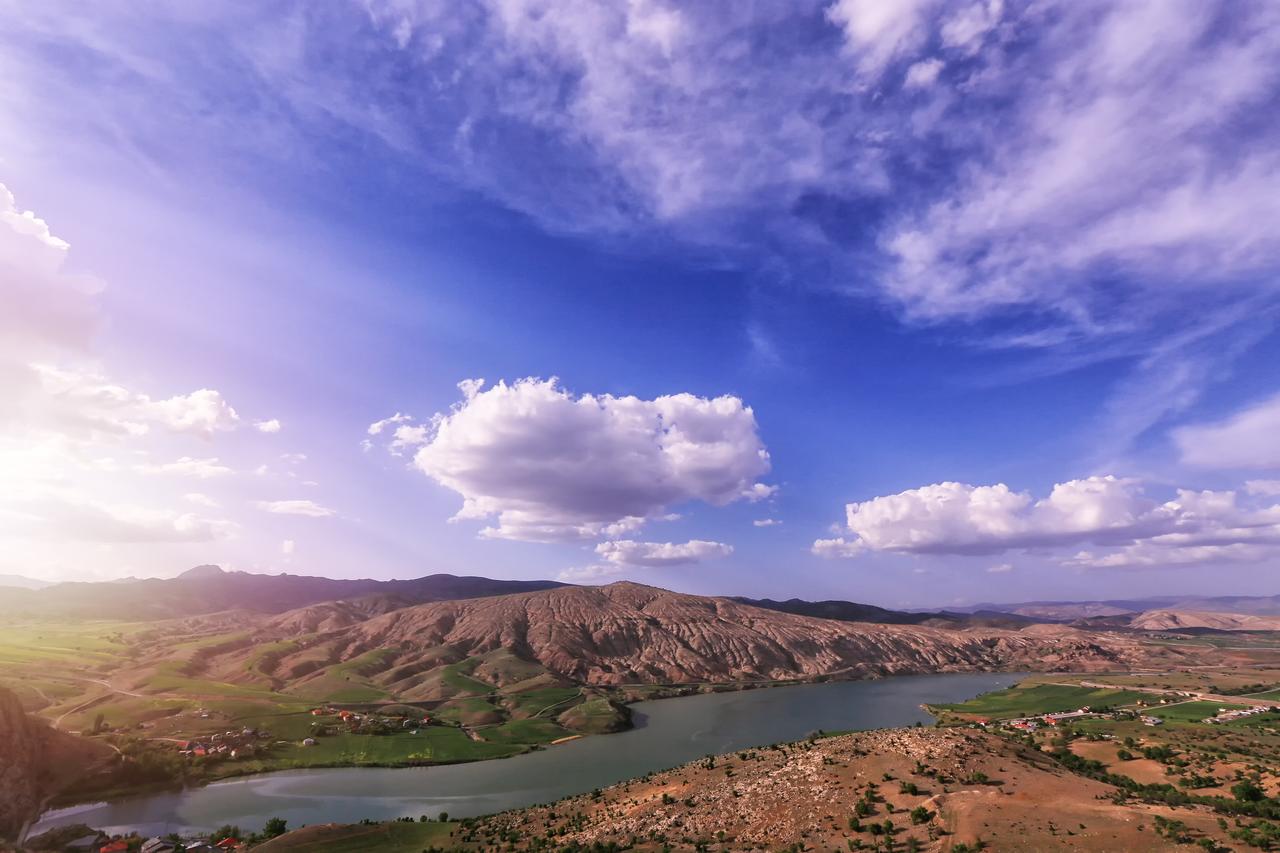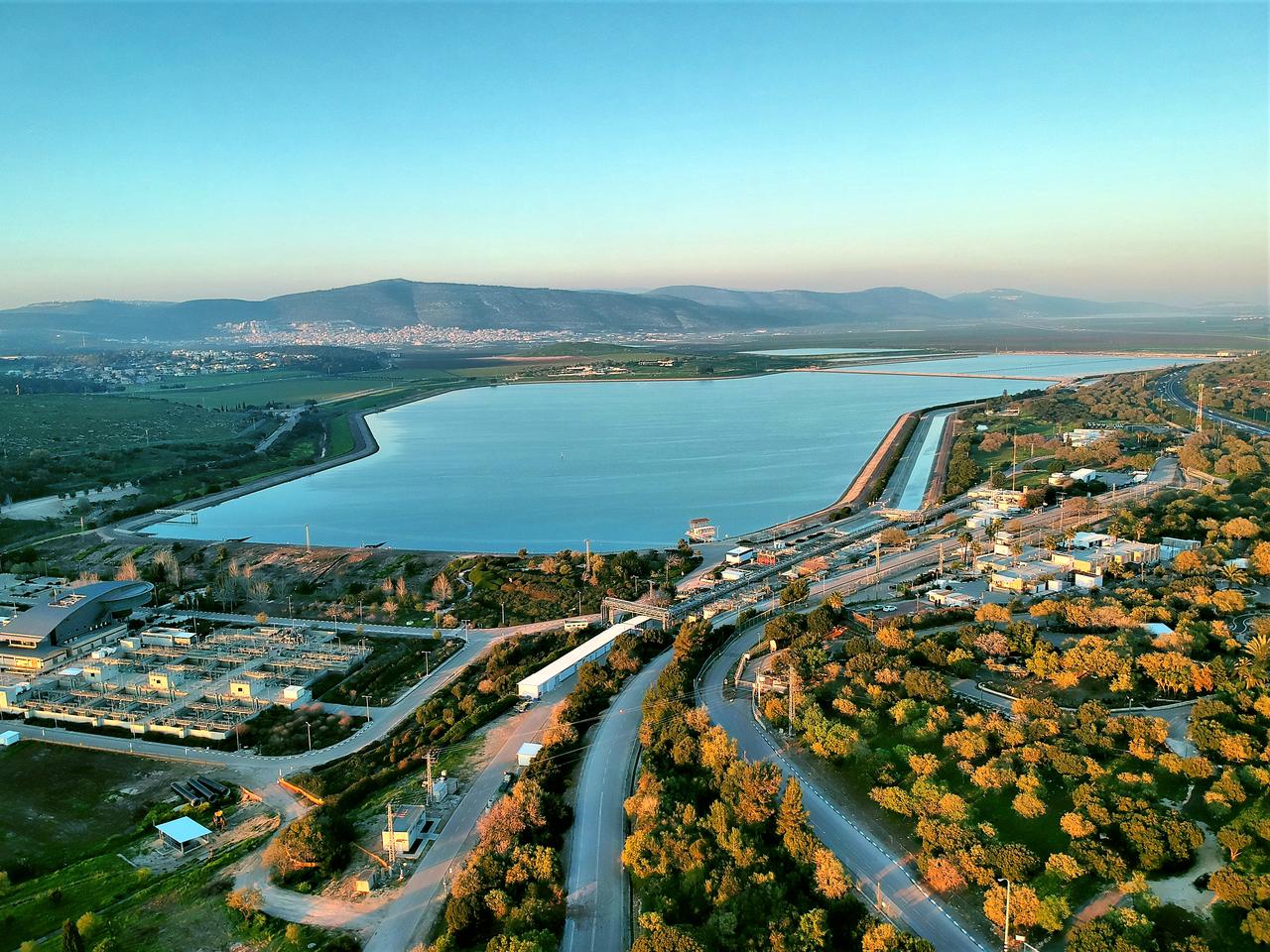
Filial conflict between nations primarily manifests through the competition for oil resources or territorial domains, or philosophical disputes. Under news headlines runs a quiet yet powerful force, which is the water. The force steadily forms state borders as it divides economies while generating prolonged conflicts between adjacent countries. The substance has gradually morphed into a political commodity utilized in diplomatic exchanges and then held back in retaliatory measures, and also serves as a platform for nation-level declarations.
The modern fast-changing geopolitical framework treats water as both a resource and a strategic tool. Major rivers flowing from upstream countries provide them with invisible domination over their downstream neighboring states. Control challenges of water resources lead to widespread effects throughout regions that involve international disputes and economic instability, as well as regional conflict revival.
The focus has shifted beyond such matters as river access and dam control. Complete survival of national populations hinges on four essential elements: water supply for beverages, agricultural irrigation and hydroelectric power operations, as well as their associated national symbols. Water stands as the fundamental element in all territorial disputes and broken agreements, along with the preservation of fragile ceasefires from the time of ancient Mesopotamia until the present-day rivers in South Asia.
On April 23, a limited and disturbing action occurred when India suspended the Indus Waters Treaty, effective for 60 years, as borders flashed with gunfire. India placed a temporary hold on the agreement known as the Indus Waters Treaty during this particular moment.
The reason? A horrifying terrorist attack in Pahalgam that claimed the lives of 26 innocent tourists. India blamed a Pakistan-based group and, in response, reached for one of the most symbolic levers it could pull: water. Not a military strike. Not economic sanctions. Water.
The matter extended beyond pipelines and reservoirs. Trust, along with memory and political power, played essential roles in this situation. The IWT treaty suspension presents itself as a dominating political declaration through the stillness of dried river regions. In the nuclear-driven and highly tense South Asian zone, these moves generated a significant impact that reached areas beyond the Himalayan mountains.
The formerly political-free element of water has now emerged as the potential basis for future combat through its invisible yet strangulating qualities. Türkiye, as a nation that knows both international balance and river resources, understands that water power directly controls what can and cannot be accomplished.

We must view this issue from our immediate surroundings.
Both Tigris and Euphrates originate within the Turkish mountains while passing through Mesopotamian history as they have transitioned to become modern symbols that cause widespread anxiety. Türkiye possesses everything required to advance its regional growth through GAP, from lighting its residential areas to promoting agricultural development. The countries further downstream in this area make Iraq and Syria increasingly restless. Their survival depends on unpredictable water flows, which they lack control over, yet this situation seemingly equals both fear and powerlessness.
The Indus Treaty provides binding legal force combined with independent oversight, but this system does not exist for the present water situation. Time passes as water traverses through a period spanning several decades filled with tension and warlike circumstances and conflicts.
The flow of water, at the rate of thousands of liters per second, remains the only minor point of disagreement. Water sovereignty, combined with food security, ties both personal and national rights to our future. The rivers remain stained by accusations and hostility mainly because no shared organizing system exists.
The rising regional power status of Türkiye leads to a critical question about its water rights management rather than rejecting its right to water governance.
If there’s one place where water has always meant more than just hydration, it’s the Middle East. In a land where every drop is political, rivers like the Jordan are more than geography—they’re a statement.
Through the National Water Carrier, Israel has performed water management and diversion for many decades. But engineering can’t erase history. Several water-diverting disputes between Jordan along with Palestine and Syria have occurred. Peace treaties have implemented resolutions to handle the issue, yet water maintains its capacity to remember.
Water in this region is determined through negotiations instead of sharing. Not just in liters, but in trust. The present time of climate uncertainty, along with unpredictable rainfall patterns and receding aquifer, makes previous water agreements no longer effective either in practice or political terms.

Whether in Kashmir, or the Jordan Valley, water is speaking loud and clear.
The message? We’re entering an age where control over rivers could be as critical as control over borders. But the solution isn’t more dams or tougher rhetoric. It’s cooperation without coercion, sovereignty without strangulation.
Our current global situation involves both water weapons and a transformation of national authority. Türkiye and India, which hold positions ahead of others, tend to treat controlling river origins as powerful strategic tools. States situated downstream display apprehension about power control which endangers their economic activities and farming, and their overall territorial security.
Water can become a cause for conflict, but this situation does not require water to create such tensions. Water becomes a force for regional cooperation through clear governance practices that incorporate shared accountability and respectful consideration of mutual requirements. A combination of multilateral frameworks, combined with updated treaties and joint water-management projects, serves as a preventive measure against rivers becoming flashpoints. Chancellor Angela Merkel predicted that hydro-diplomacy will shape foreign politics as one of the principal strategic elements during the 21st century.
The strategic geographical and political position of Türkiye in critical transboundary water systems presents a clear challenge for the nation to defend its national interests through fair water sharing arrangements with its neighboring countries. Control remains in hand neither as part of this strategy nor as needing to be forfeited. The capabilities should be employed sensibly and equitably to support enduring peace objectives in the region.
Water can divide—but it can also connect. Its future as a force for either peace or pressure lies in the hands of policymakers, regional actors, and international institutions. The question is no longer whether water will shape our world—it’s whether we are prepared to shape that future with cooperation instead of competition.